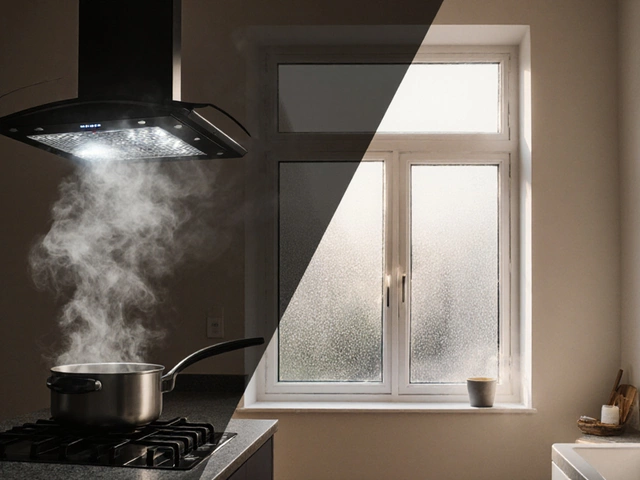If your oven won’t heat, makes weird noises, or just feels sluggish, you’re not alone. Most kitchen owners face an oven hiccup at least once a year. The good news? Many of these glitches have simple fixes you can try before calling a pro.
First up, a cold oven. The most frequent cause is a faulty heating element. Look inside the cavity – if the element looks burnt or has broken pieces, it probably needs a swap. In most electric ovens, the element is held in place with a couple of screws. Disconnect the power, remove the screws, pull the old element out, and slide the new one in. Tighten the screws, plug the oven back in, and run a short bake cycle to test.
Another typical issue is uneven heating. This often points to a malfunctioning thermostat or a broken temperature sensor. Both parts are cheap and replaceable. Locate the thermostat (usually behind the back panel) and use a multimeter to check continuity. No continuity means it’s dead and needs a new one. The sensor sits near the oven wall; a quick visual check for corrosion can save a costly call‑out.
If the oven door won’t close properly, heat can escape and trigger error codes. Inspect the hinges and latch for bent metal or broken springs. Tightening loose screws or replacing a small hinge clip often restores the seal.
Some problems are best left to the experts. Gas ovens that won’t ignite, control boards that flash error codes, or any sign of a spark should be handled by a qualified oven specialist. Working with gas or high‑voltage components can be dangerous without proper training.
At Bognor Regis Appliance Repair Experts, our technicians know the ins and outs of all major oven brands. We can diagnose hidden faults, replace worn parts, and give you a warranty on the work. If you’ve tried the DIY steps above and the oven still misbehaves, give us a call – we’ll have it back to normal in no time.
In summary, start with the easy checks: element, thermostat, sensor, and door latch. Keep a basic toolkit handy – screwdriver, multimeter, and a replacement element if you feel comfortable. When the fix feels out of reach or involves gas, trust a professional oven specialist to keep you safe and your oven humming.

Learn the proper term for someone who fixes ovens, how they work, skills they need, and why hiring a pro is a smart move. Helpful tips inside.

Explore whether you can live without an extractor fan, covering UK regulations, health risks, passive ventilation tricks, dehumidifier use, and when a mechanical fan becomes essential.

Replacing the anode rod in a water heater can extend its lifespan and prevent costly repairs. This article breaks down the cost of replacement, including materials and labor, and discusses why it's a crucial part of water heater maintenance. Discover how often anode rods should be checked and what signs indicate it's time for a replacement. Whether you DIY or hire a pro, understanding these factors can save you money and stress.

Not all plumbers can fix boilers-only Gas Safe registered engineers can legally work on gas systems. Learn when to call a plumber vs. a heating engineer, how to verify qualifications, and what to expect from a boiler service.

Most water heaters fail due to tank corrosion, heating element burnout, or sediment buildup. Learn the top failure points and how to spot them early to avoid costly repairs or floods.

Learn when it's safe to press the water heater reset button, step‑by‑step instructions, common risks, and when to call a professional.